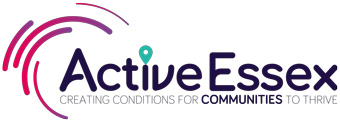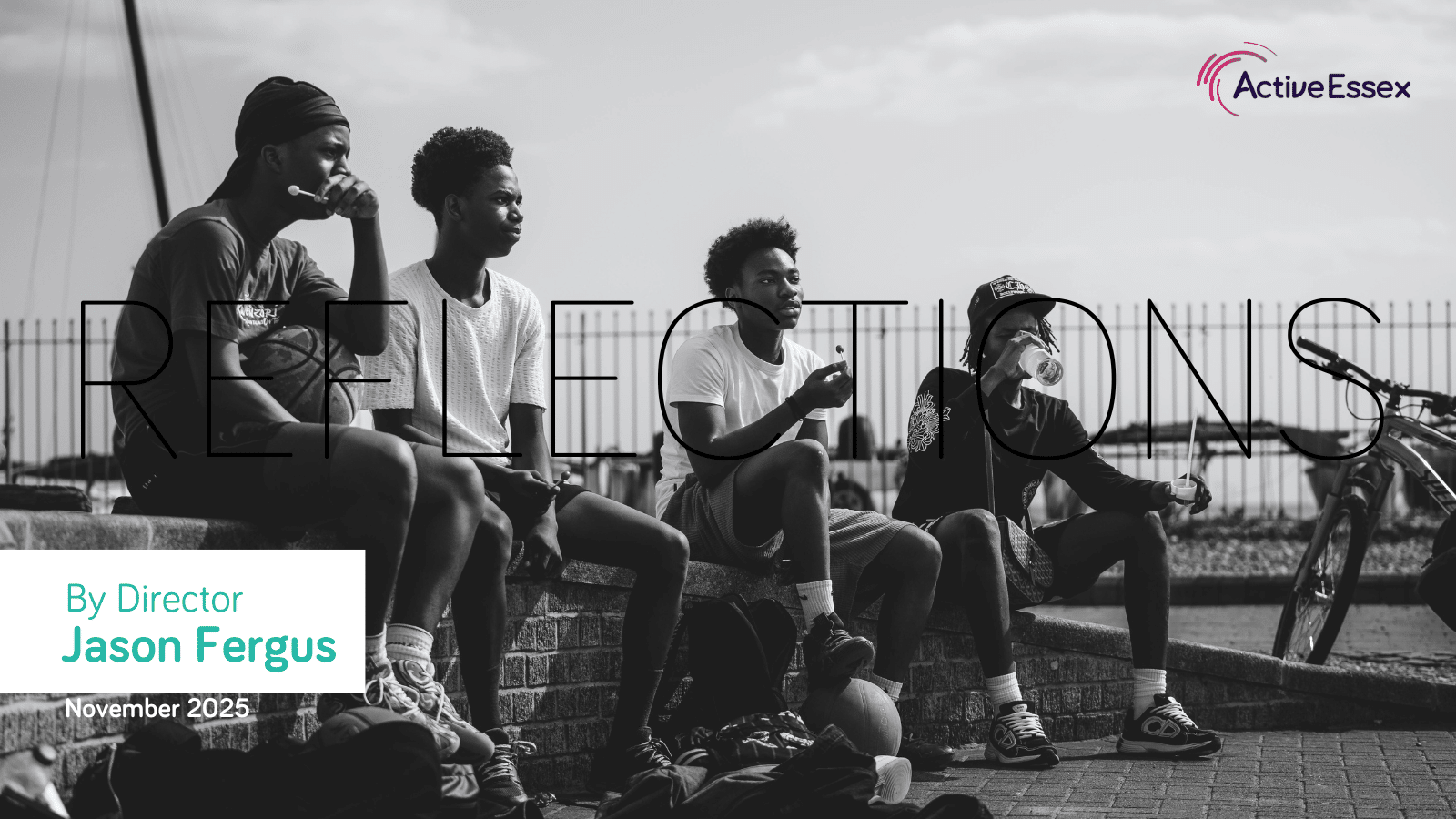Leadership for Racial Equity
At the beginning of the month, the Active Partnership Network hosted a powerful trilogy of webinars on anti-racism and race equity. Over 250 individuals came together to engage in honest conversations about systemic racial inequality and the role our sector can play in driving change.
As a Black individual, witnessing this level of commitment was both moving and energising. It reaffirmed that this work isn’t about ‘shelf development’, training that looks good but gathers dust, it’s about creating meaningful, lasting change.
Led by Karl George and Rob Neil OBE, the three sessions explored the realities of race equity, leadership responsibility and the cultural shifts needed within organisations. Their insights helped bring real clarity to what action looks like, and I was reminded that leadership isn’t just about influence, it’s also about accountability.
The trilogy builds on the adoption of the Race Equality Code, of which Active Essex was an early adopter, along with other Active Partnerships and Sport England through the new Diversity Inclusion Action Plans.
We examined how leaders shape organisational culture and why nurturing an honest, forgiving space is essential for progress. Rob’s powerful message – “what you permit is what you promote” resonated deeply. It reminded me of something John Amaechi once said. John is a retired basketball player who played in the NBA and is now an organisational psychologist and powerful speaker on leadership, power and privilege. John said: “Culture is defined by the worst behaviour you’re prepared to tolerate”. Both are rallying calls to challenge behaviours that perpetuate racism and to stand firm against racial abuse.
Keynote speakers brought this to life, including Miriam from Flex Youth in Basildon, a brilliant community organisation fighting for more racial equality for young black men. She shared a story that struck a chord. Her son wants nothing more than to ride his bike around the estate, yet she worries how a young Black boy on a bike might be perceived, and what assumptions people may make. That reality is heartbreaking and unacceptable. It is a stark reminder that racial inequity isn’t abstract, it’s lived, daily. And it’s on all of us to change that narrative.
We know that sport and physical activity have the power to unite communities and breakdown barriers, something I often refer to in my reflections. This trilogy enhanced my commitment to make our communities and their places and spaces more inclusive, safe and equitable.
The conversations don’t and shouldn’t end here. They must now translate into action, in policies, in leadership behaviours and in organisational culture. Together, we can ensure that racial equity is not just a statement on a page, but a lived reality across our sector and beyond.




